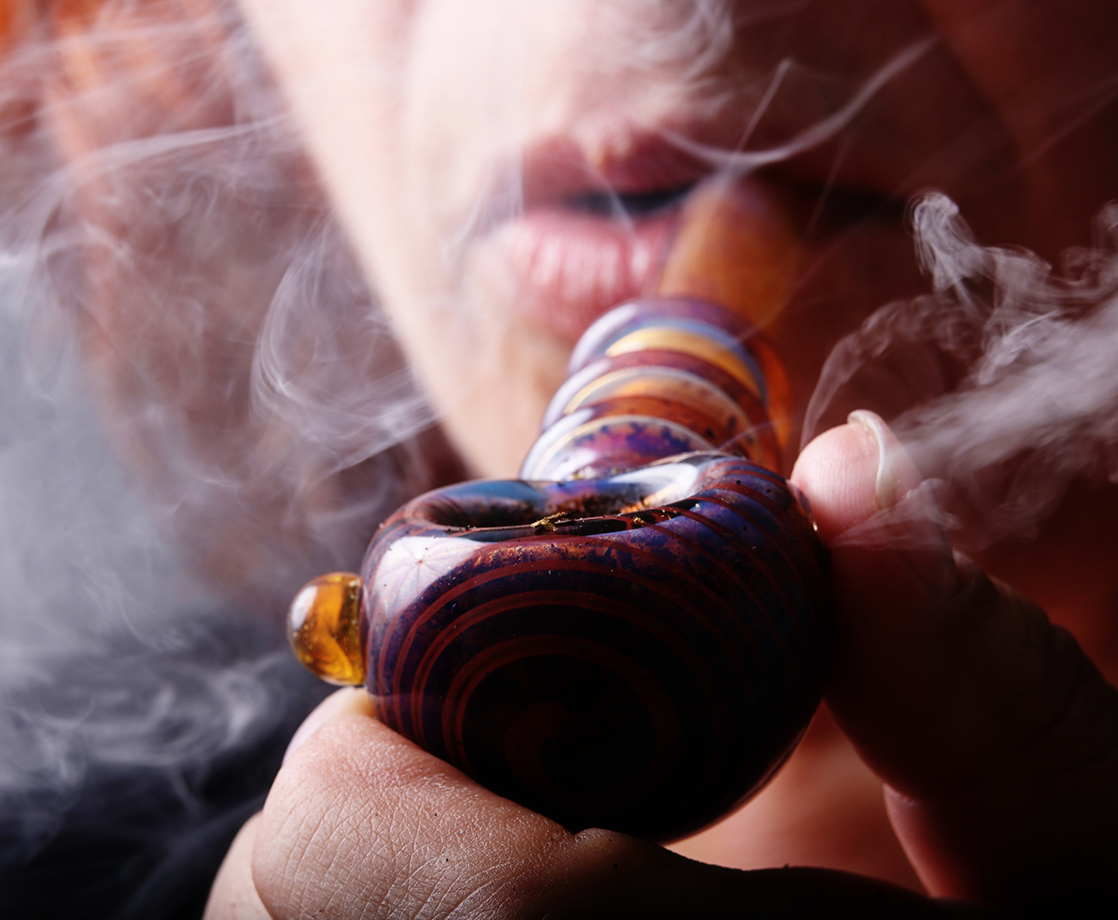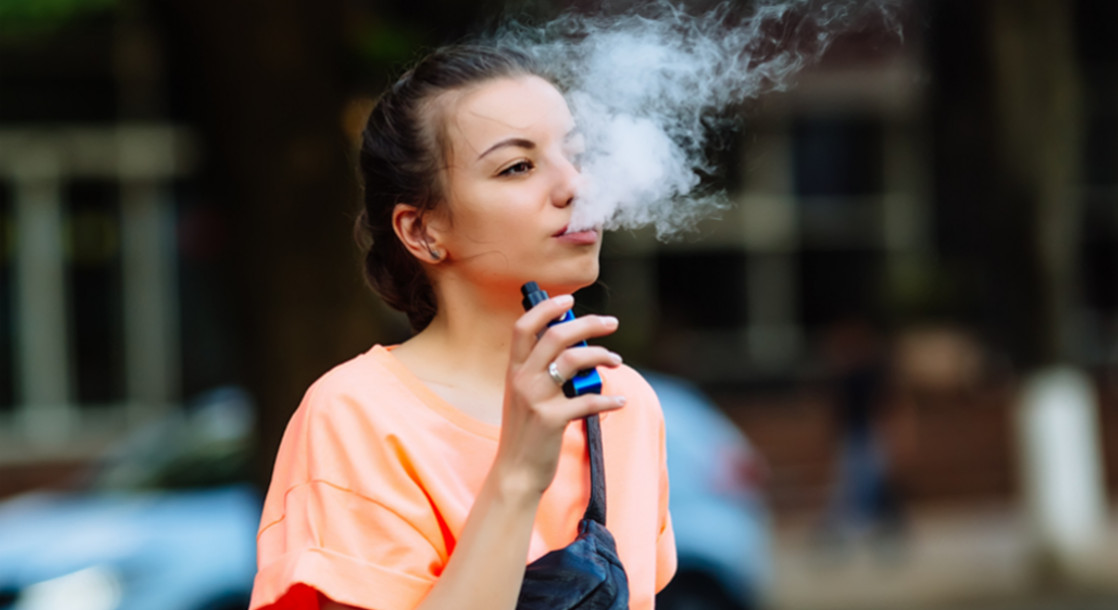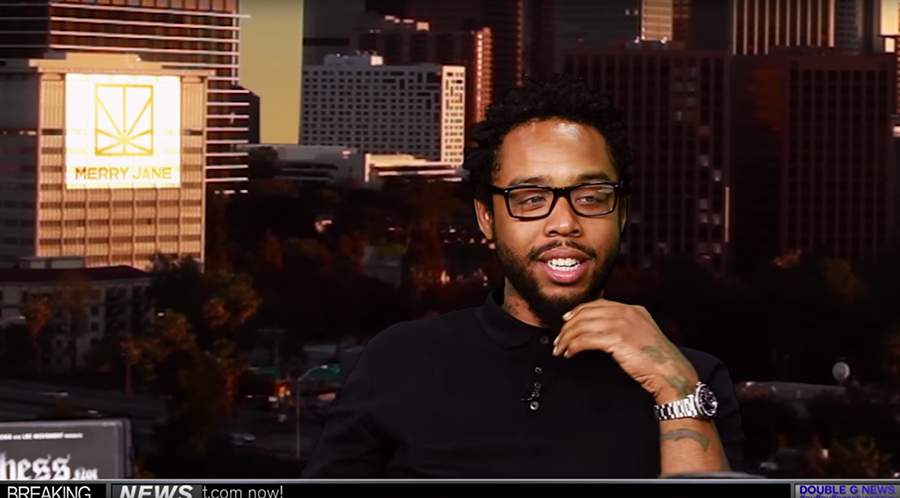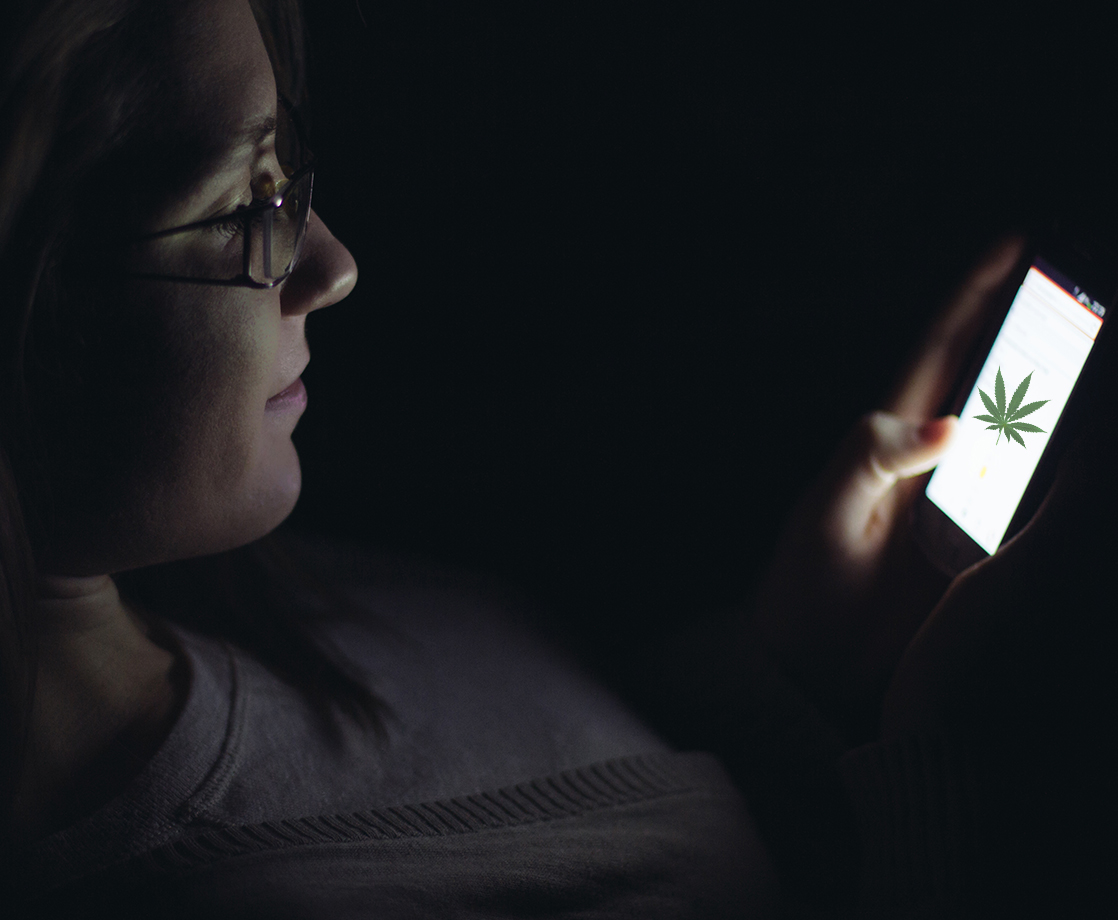A new report by the New York Department of Health has recommended that the Empire State put an end to years of cannabis prohibition and create a licensed and regulated adult use market. Governor Andrew Cuomo, who spent years arguing against legal weed, commissioned the report in January after several of his opponents in the upcoming gubernatorial race, most notably actress Cynthia Nixon, advocated full legalization. The state's Democratic Party officially endorsed legal weed, and Cuomo has begun to grudgingly accept the inevitability of the prospect.
The findings of the report come as no surprise, as state Health Commissioner Howard Zucker already announced that the report was in full favor of a regulated adult use market. But for anyone that has been on the fence about the benefits of legalization, the full 74-page report drives home the value of putting an end to prohibition. "The positive effects of a regulated marijuana market in NYS outweigh the potential negative impacts," the report states. "Areas that may be a cause for concern can be mitigated with regulation and proper use of public education that is tailored to address key populations."
The Department of Health acknowledged the disproportionate impact that marijuana prohibition has had on racial and ethnic minority groups, referencing recent statistics showing that 86% of all people arrested for low-level pot crimes in New York City since 2014 were people of color, despite data proving that all races consume cannabis at equal rates. The report notes that incarceration has a negative impact on individuals as well as whole communities, and that criminal records can prevent individuals from accessing jobs, housing, and education opportunities.
The report also discusses some of the health benefits and risks of legalization. Recent research noting that legal cannabis is associated with lower rates of opioid prescriptions and abuse is given special attention, given the current opioid crisis responsible for taking the lives of an estimated 1,000 New Yorkers last year. The Department of Health also points out that legal weed might reduce the use of synthetic cannabinoids, genuinely dangerous drugs that are growing in popularity throughout the state.
The report discusses a number of common fears regarding legalization, noting that other states that have created regulated retail markets have not seen an increase in either adult or youth use of cannabis. The issue of stoned driving is also considered, but the report notes that scientific evidence on the topic is "varied." In order to ensure public safety, a number of safeguards are recommended, including limiting sales to adults, cracking down on the black market, increasing research on ways to identify stoned drivers, and increasing public education with respect to cannabis use.
The report recommends that legal marijuana sales be taxed at a rate of 7 to 10%, and that personal use should be limited to one ounce. An ounce of weed usually sells for $270 to $340 on the state's black market, which adds up to between $1.7 and 3.5 billion in illegal sales per year. It is further estimated that 1,290,000 New Yorkers would purchase weed in the first year of legalization, which could bring the state anywhere from $173 to $542 million annually, at the proposed tax rates.
At a recent press conference, Governor Cuomo told reporters that "the situation on marijuana is changing," the New York Times reports. The former cannabis opponent did not openly say that he would sign a legalization bill into law, but did say that he did not expect such a bill to be finalized this year. In the meantime, Cuomo said that state lawmakers need to "answer specifics" about legal weed. "Who sells it? Where do they sell it? What quantity can you sell? That to me, the devil's in the details. And to come up with a full program, that's what we have to answer."











